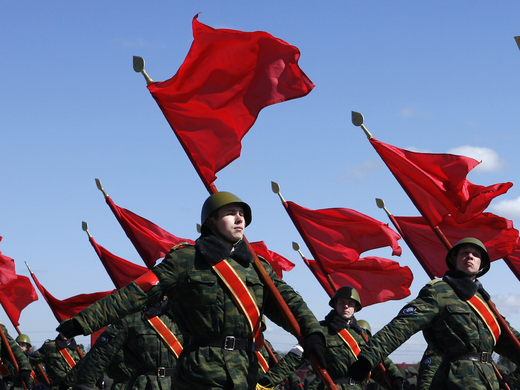The evolution of the Responsibility to Protect (R2P) since 2005 has been marked by the dual trends of cascading consensus and continued controversy. R2P has become central for how the global community responds to genocide and mass atrocities. As a result of the interventions in Libya and Côte d’Ivoire, the norm now faces the risk of relevance. The authors of this Jr. Fellows policy brief — Maissaa Almustafa, Evan Cinq-Mars and Matthew Redding — recommend that all UN member states devise and implement a national R2P action plan, that capacities for the prevention of genocide and mass atrocities are strengthened, and that dialogue aimed at improving how the UN Security Council authorizes the use of force to protect civilians is revived. The Jr. Fellows conclude that these recommendations serve to bolster the norm’s standing moving forward and that acting upon them will expand the community of states committed to R2P.


